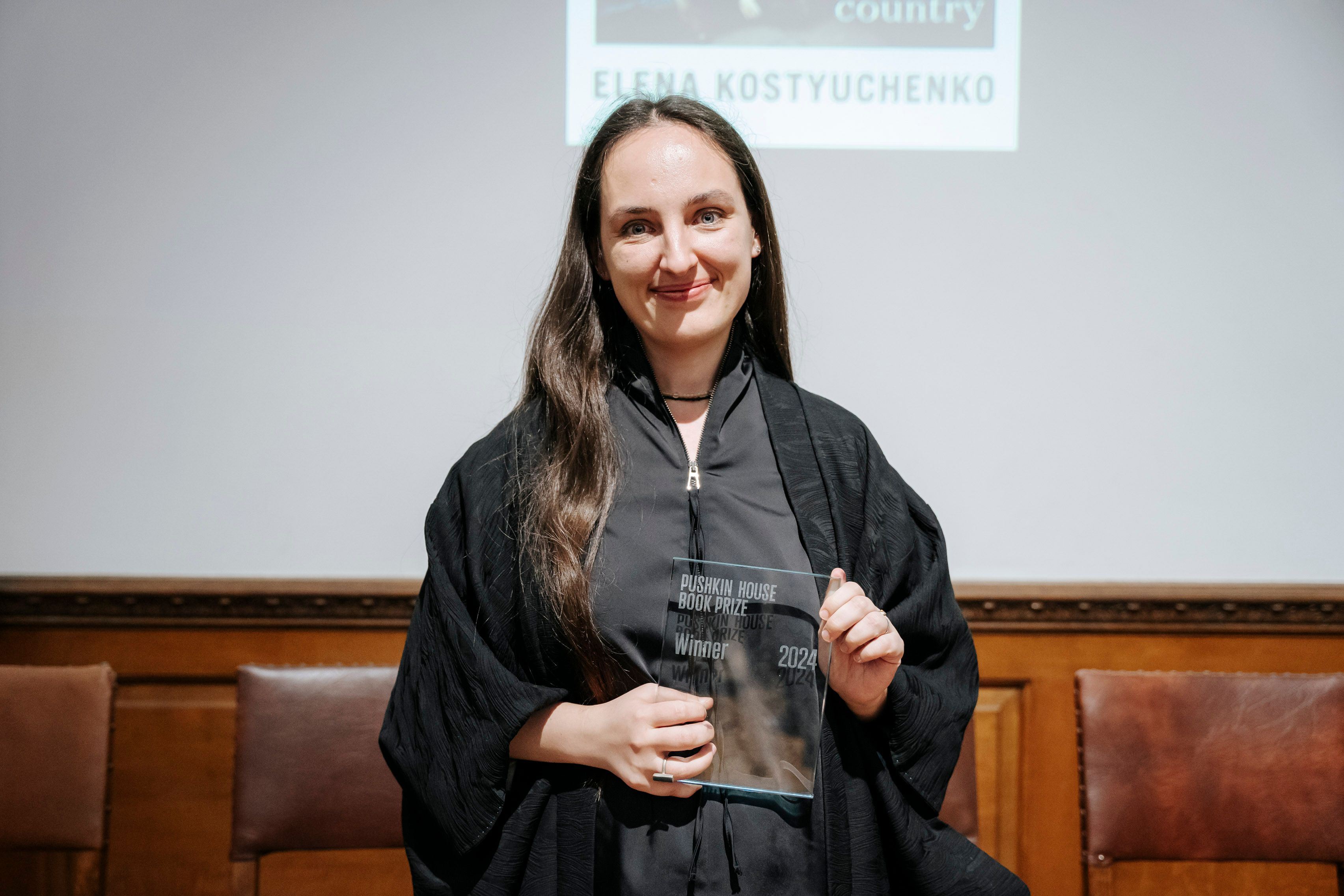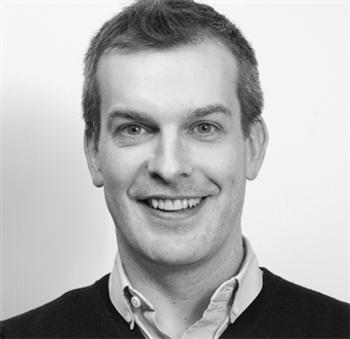The heartrending story of twin sisters torn apart by China’s one-child policy and the rise of international adoption—from the author of the National Book Award finalist Nothing to Envy.
DAUGHTERS OF THE BAMBOO GROVE:
From China to America, a True Story of Abduction, Adoption, and Separated Twins
by Barbara Demick
Penguin Random House, May 2025
(via Sterling Lord Literistic)
On a warm day in September 2000, a twenty-eight-year-old woman named Zanhua gave birth to twin girls in a small hut nestled in bamboo behind her brother’s rural home in China’s Hunan province. The twins, Fangfang and Shuangjie, were welcome additions to her young family but also not her first children. Hidden in the hut, they were born under the shadow of China’s notorious one-child policy. Fearing the ire of family planning officials, Zanhua and her husband decided to leave one twin in the care of relatives, hoping each toddler on their own might stay under the radar. But, in late 2002, Fangfang was violently snatched away from her aunt’s care. The family worried they would never see her again, but they didn’t imagine she could be sent to the United States. She might as well have been sent to another world.
Following her stories written as the Beijing bureau chief for the Los Angeles Times, Barbara Demick, author of National Book Award finalist Nothing to Envy, embarks on a journey that encompasses the origins, shocking cruelty, and long term impact of China’s one-child rule; the rise of international adoption and the religious currents that buoyed it; and the exceedingly rare phenomenon of twin separation. Today, Esther—formerly Fangfang—is a photographer in Texas, and Demick brings to vivid life the Christian family that felt called to adopt her, having no idea that she was kidnapped. Through Demick’s indefatigable reporting and the activist work to find these lost children, will these two long-lost sisters finally find each other, and if they do, will they feel whole again?
A remarkable window into the volatile, constantly changing China of the last half century and the long-reaching legacy of the country’s most infamous law, DAUGHTERS OF THE BAMBOO GROVE is also the moving story of two sisters torn apart by the forces of history and brought together again by their families’ determination and one reporter’s dogged work.
Barbara Demick is author of Nothing to Envy: Ordinary Lives in North Korea; Logavina Street: Life and Death in a Sarajevo Neighborhood, and Eat the Buddha: Life and Death in a Tibetan Town, published by Random House in July 2020. She was bureau chief for the Los Angeles Times in Beijing and Seoul, and previously reported from the Middle East and Balkans for the Philadelphia Inquirer.


 Les éditions Noir sur blanc ont publié l’édition française, intitulée RUSSIE, MON PAYS BIEN-AIME, en février 2024 dans une traduction d’Emma Lavigne et Anne-Marie Tatsis-Botton.
Les éditions Noir sur blanc ont publié l’édition française, intitulée RUSSIE, MON PAYS BIEN-AIME, en février 2024 dans une traduction d’Emma Lavigne et Anne-Marie Tatsis-Botton. LAST TO EAT, LAST TO LEARN is the remarkable memoir of Pashtana Durrani, a 23-year-old Afghan woman, who has pursued her passion for educating the “disappearing girls” of the remote, contested rural tribal regions, amidst all the turmoil, violence and oppression that has enveloped her country – and her family — over a generation.
LAST TO EAT, LAST TO LEARN is the remarkable memoir of Pashtana Durrani, a 23-year-old Afghan woman, who has pursued her passion for educating the “disappearing girls” of the remote, contested rural tribal regions, amidst all the turmoil, violence and oppression that has enveloped her country – and her family — over a generation. When it was released to the public in November 2022, ChatGPT awakened the world to a secretive project: teaching AI-powered machines to write. Its creators had a sweeping ambition—to build machines that could not only communicate, but could do all kinds of other activities, better than humans ever could. But was this goal actually achievable? And if reached, would it lead to our liberation or our subjugation?
When it was released to the public in November 2022, ChatGPT awakened the world to a secretive project: teaching AI-powered machines to write. Its creators had a sweeping ambition—to build machines that could not only communicate, but could do all kinds of other activities, better than humans ever could. But was this goal actually achievable? And if reached, would it lead to our liberation or our subjugation? It’s an international tale that takes us from Mozambique to Australia, from Hong Kong to New York, and of course, inside the hushed, marble corridors of Zurich’s banking elite.
It’s an international tale that takes us from Mozambique to Australia, from Hong Kong to New York, and of course, inside the hushed, marble corridors of Zurich’s banking elite.